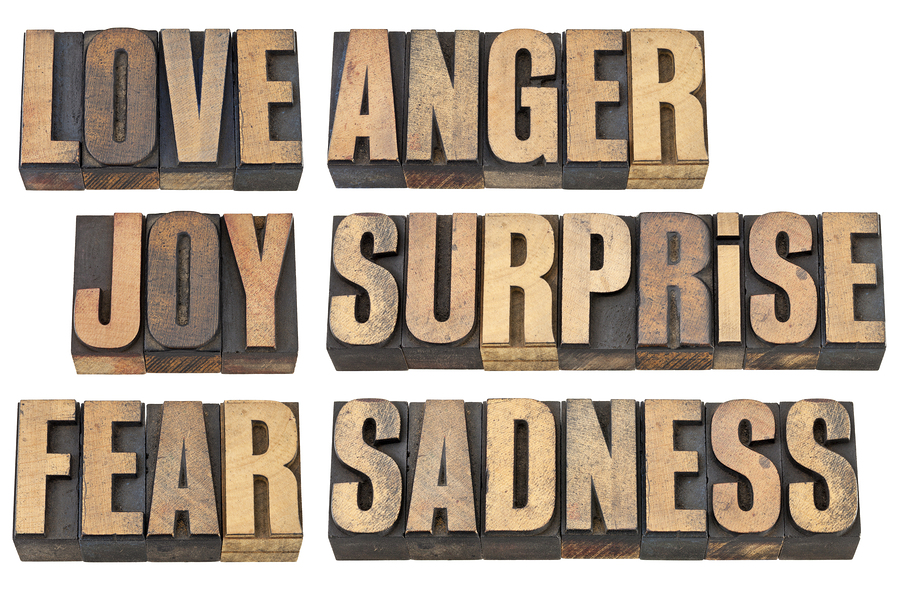05 Dec The Power Of Consumer Emotions Online

To create messaging that breaks through the online noise, it’s important to identify emotional triggers, and create an emotional tie to your brand’s product or service, in the right way, at the right time.
When working to find that emotional tie and create sharable moments, we ask questions like:
- What emotional triggers will cause consumers to share?
- How will the message make the consumer feel?
- What is the relative virality of that feeling?
- What needs to be communicated to create (or prevent) that shareable moment?
We’re always reading the latest studies and articles to better understand online behavior. Here are some interesting articles we’ve read recently specific to consumer emotions online.
Most Influential Emotions on Social Networks Revealed:
Computer scientists from Beihang University in China have proven that anger is more influential than other emotions online including joy, disgust and sadness. Anger spreads faster online than any other emotion.
Do you tend to share your rage online more than you share your happiness? Do your customers?
Read the article here.
The Power of Like:
While people “like” posts on Facebook for a variety of reasons ranging from lukewarm agreement to passionate agreement, “likes” can ignite strong emotional feelings for the recipient, even love. “Likes” don’t create the same connection as face-to-face conversation, but they have a psychological impact on perceived bonds between people.
How can your brand “like” more comments and posts to create positive connections with your end-user?
Read the article here.
Online Likes Can Create Sheep Mentality:
It’s no secret that groups of people change their opinion to adapt to the opinions of their group, but how does this translate online? Studies show that if a post is “liked,” it will statistically receive a 25% spike in likes as compared to comments with no likes. Beyond likes, positive reviews often generate positive affinity by others.
How can you empower your customers to share their positive feelings, reviews and experiences?
Read the article here.
The Psychology Behind Why Online Comments Turn Normal People Into Ghastly Ghouls:
Studies show that when online comments begin nicely, they tend to stay nice. When comments start out nasty, they generally become worse over time. In other words, the behavior of our peers has a direct impact on our own behavior. Psychologists call this the disinhibition effect – a detachment of identity as a result of behind the screen anonymity.
In looking at your brand’s comments, do you see this type of emotional groupthink? Are there times when perhaps you should have ignored some of the comments?
Read the article here.






